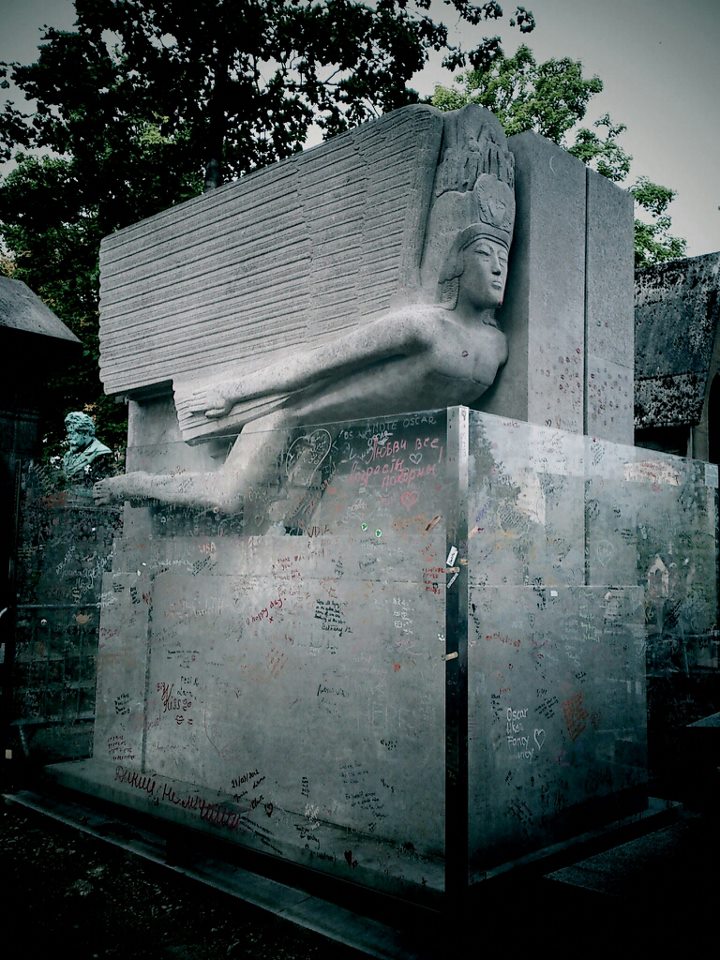English: Ostentatious, Spurious, but Uranian!

While i was writing my Today's Wordy English unassuming, witness:
spurious
but then who is Oscar Wilde and Alfred Douglas? Here's a quote from Wikipedia:
Lord Alfred Bruce Douglas (22 October 1870 to 20 March 1945), nicknamed Bosie, was a British author, poet and translator, better known as the intimate friend and lover of the writer Oscar Wilde. Much of his early poetry was Uranian in theme, though he tended, later in life, to distance himself from both Wilde's influence and his own role as a Uranian poet.
“Uranian”? What is Uranian? It's quite interesting. Quote:
Uranian is a 19th century term that referred to a person of a third sex — originally, someone with “a female psyche in a male body” who is sexually attracted to men, and later extended to cover homosexual gender variant females, and a number of other sexual types. It is believed to be an English adaptation of the German word Urning, which was first published by activist Karl Heinrich Ulrichs (1825 to 1895) in a series of five booklets (1864 to 1865) which were collected under the title Forschungen über das Räthsel der mannmännlichen Liebe (“Research into the Riddle of Man-Manly Love”). Ulrich developed his terminology before the first public use of the term “homosexual”, which appeared in 1869 in a pamphlet published anonymously by Karl-Maria Kertbeny (1824 to 1882).
The term “Uranian” was quickly adopted by English-language advocates of homosexual emancipation in the Victorian era, such as Edward Carpenter and John Addington Symonds, who used it to describe a comradely love that would bring about true democracy, uniting the “estranged ranks of society” and breaking down class and gender barriers. Oscar Wilde wrote to Robert Ross in an undated letter (?18 February 1898): “To have altered my life would have been to have admitted that Uranian love is ignoble. I hold it to be noble - more noble than other forms.”
The term also gained currency among a group that studied Classics and dabbled in pederastic poetry from the 1870s to the 1930s. The writings of this group are now known by the phrase “Uranian poetry”. The art of Henry Scott Tuke and Wilhelm von Gloeden is also sometimes referred to as “Uranian”.